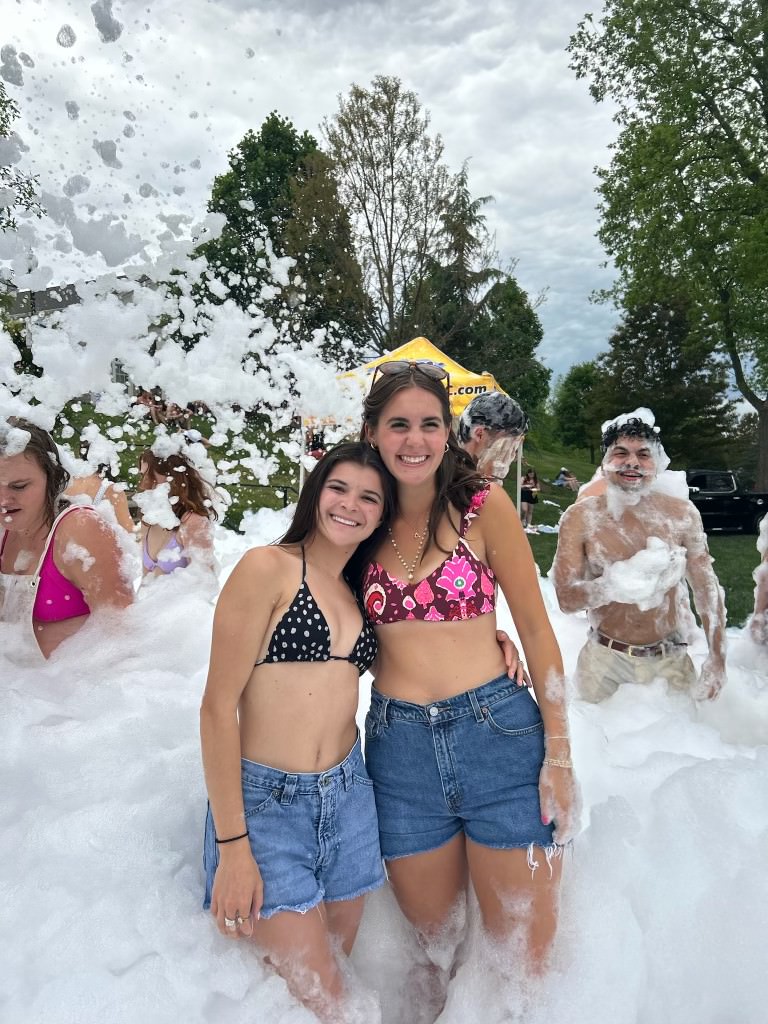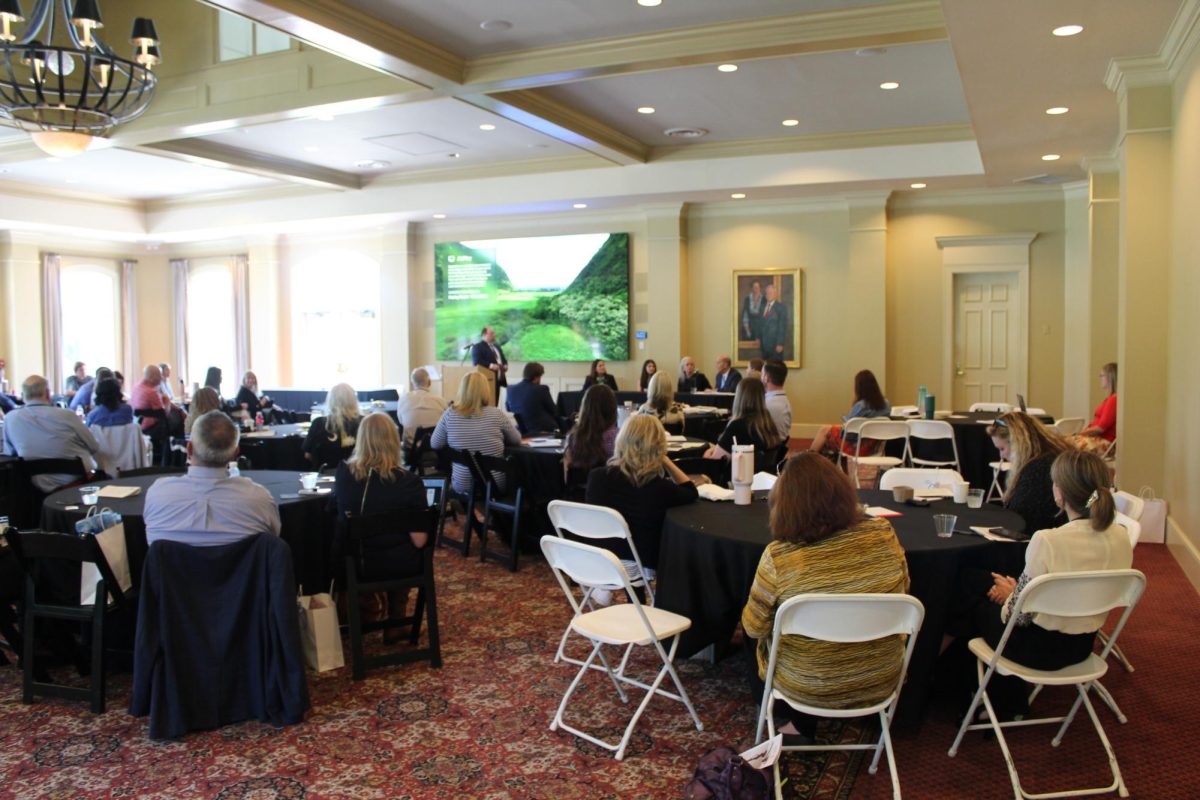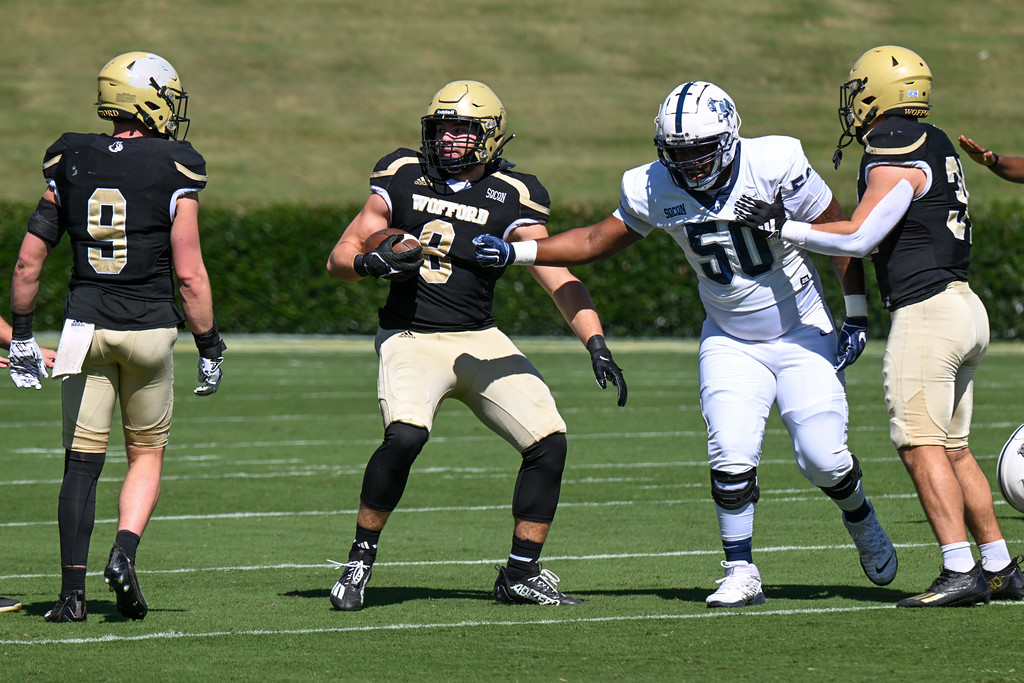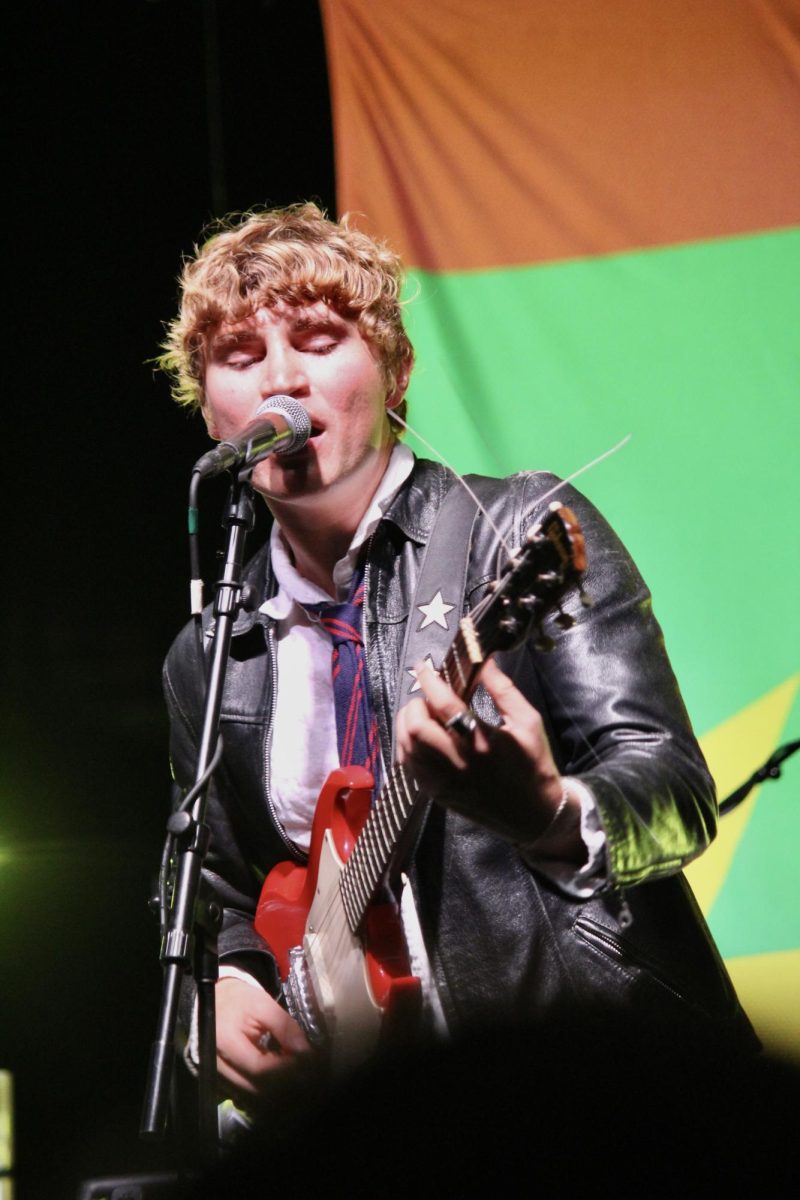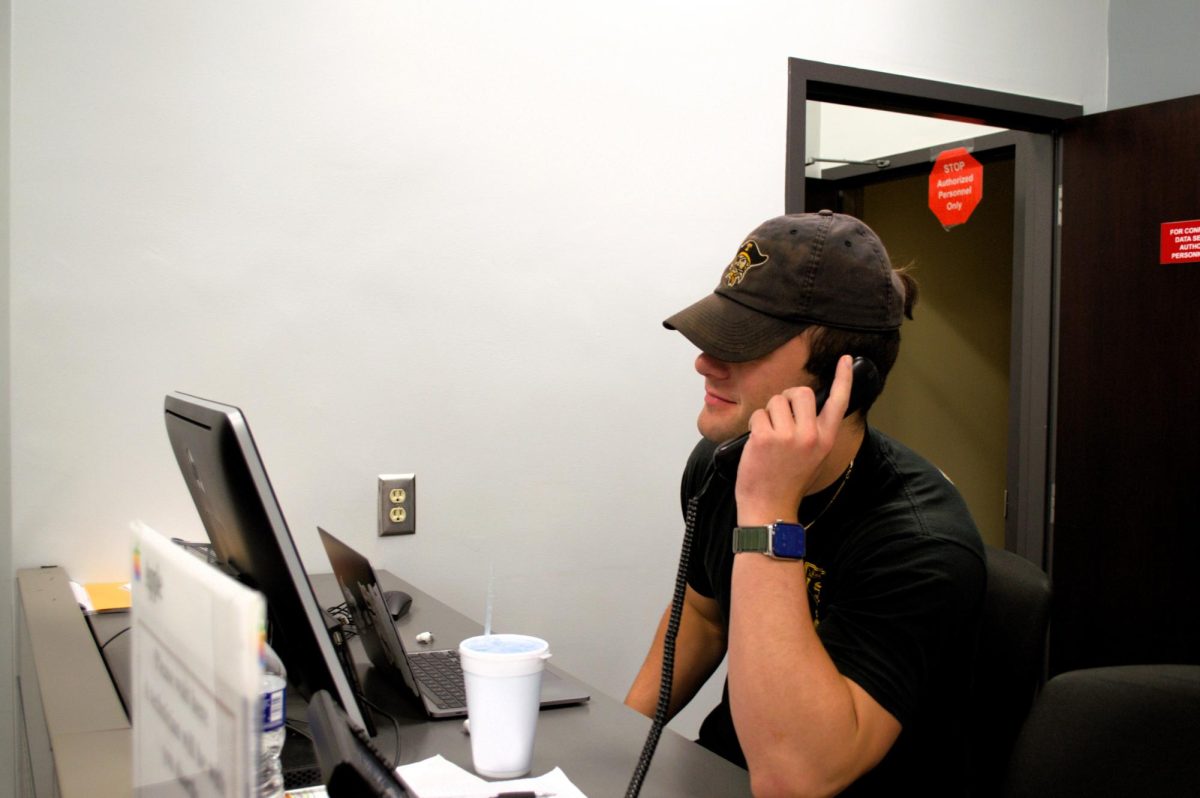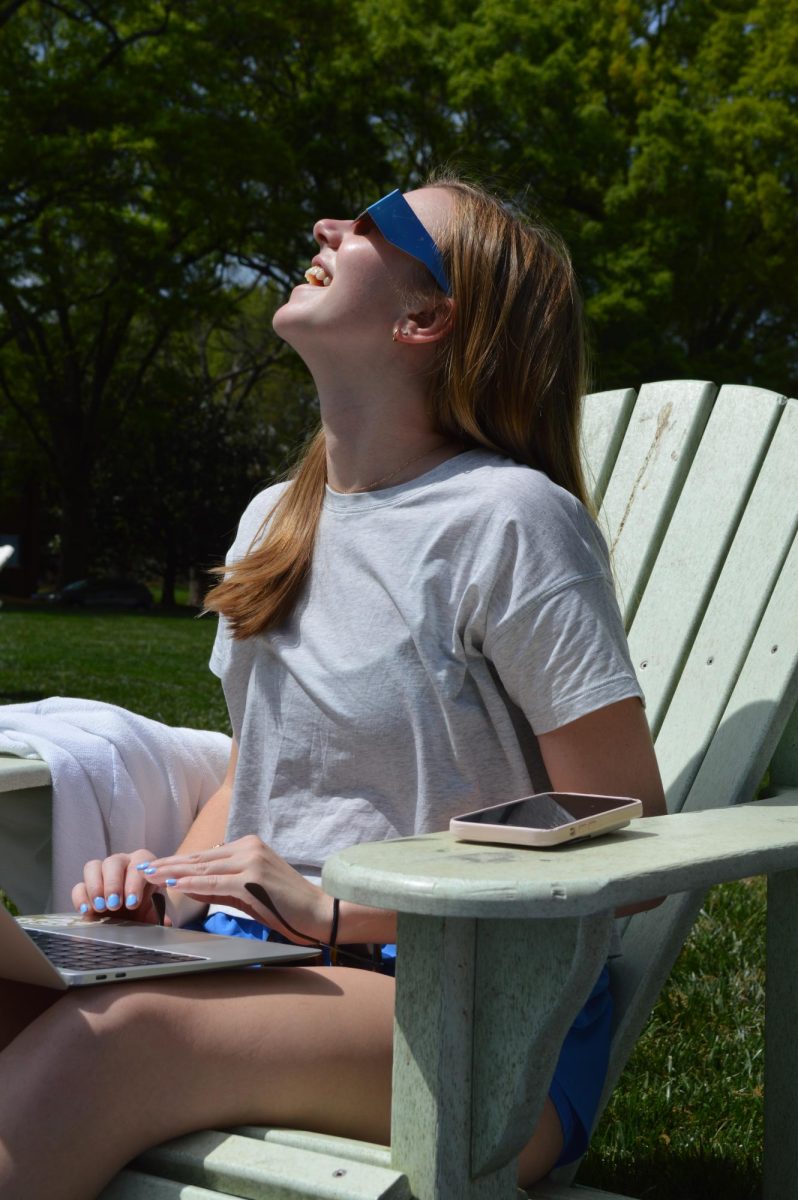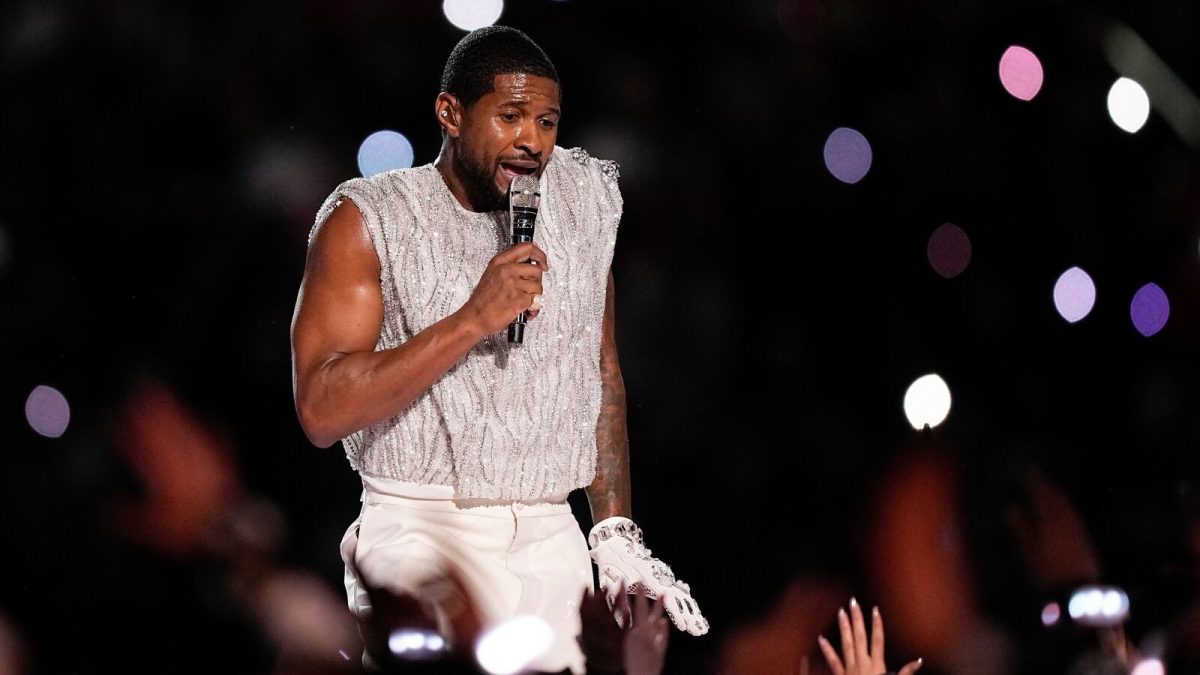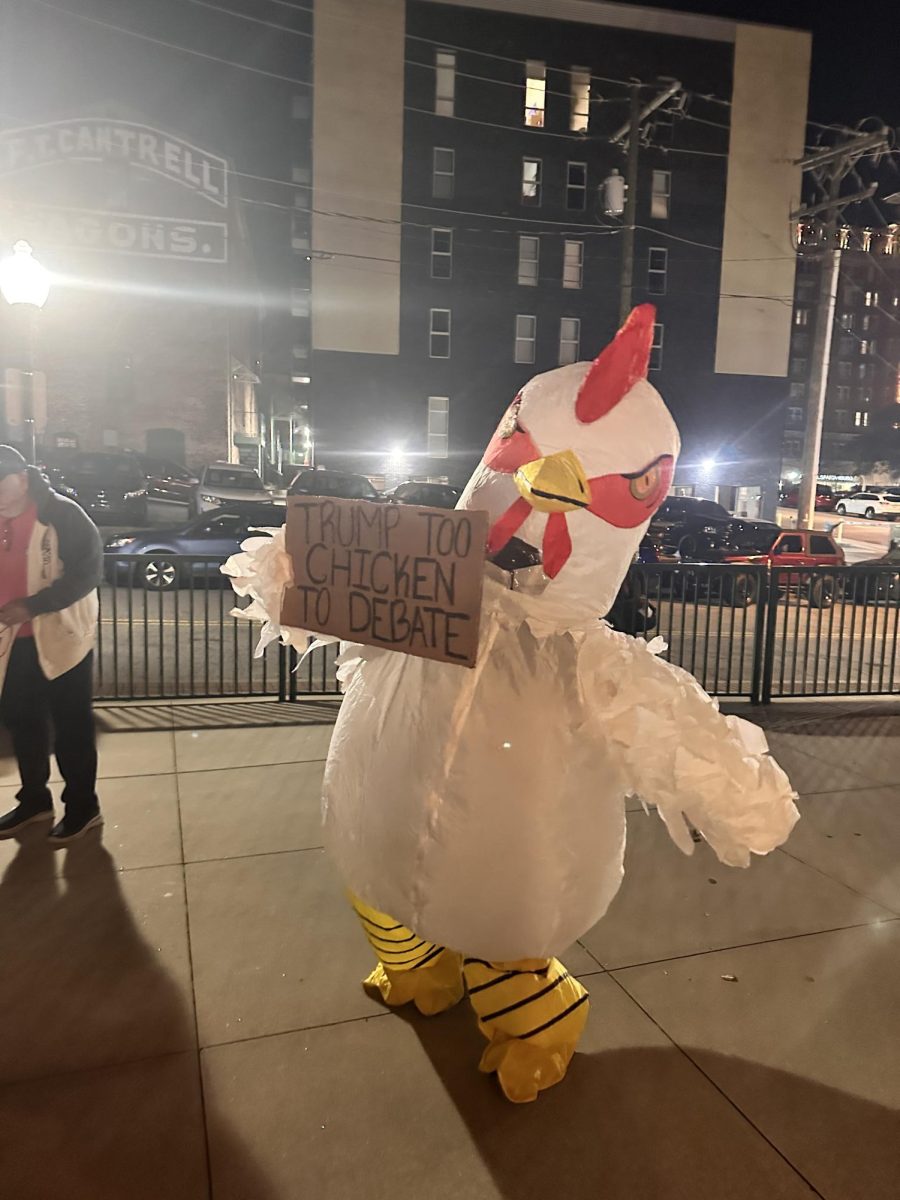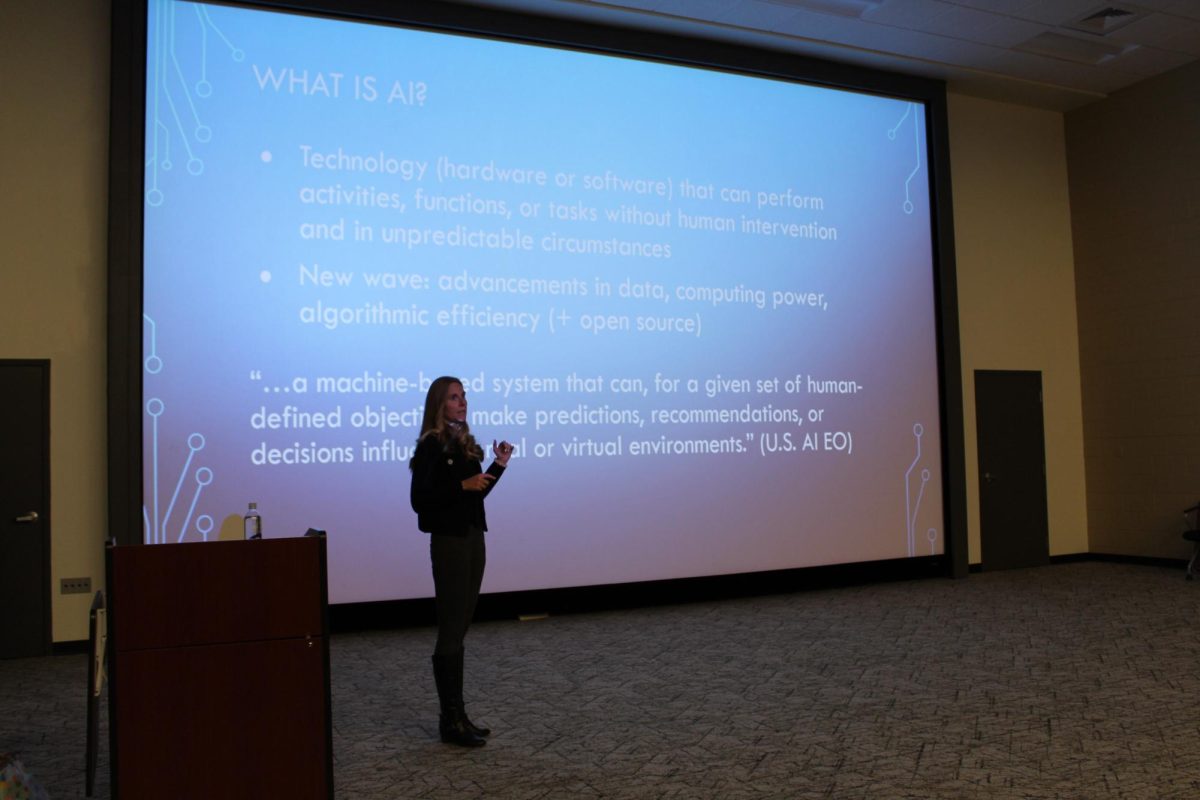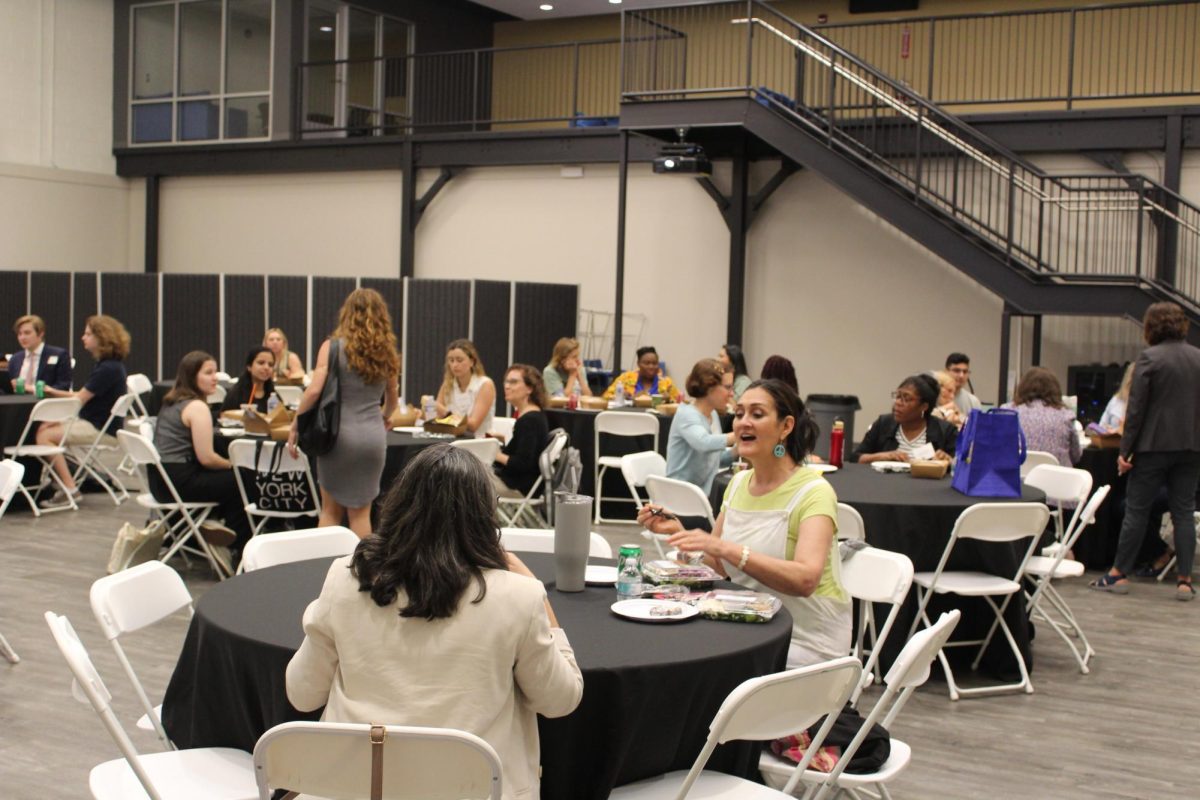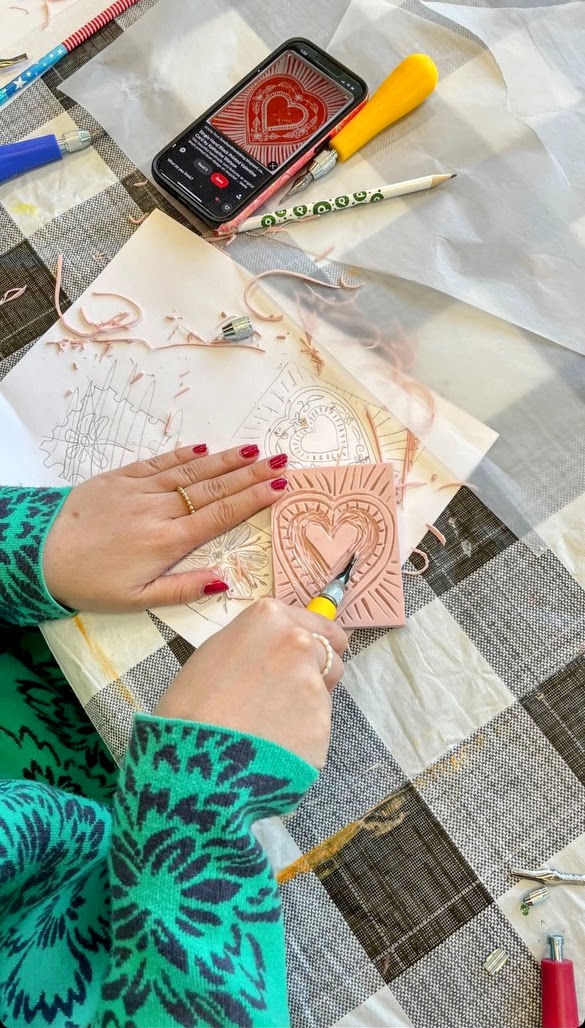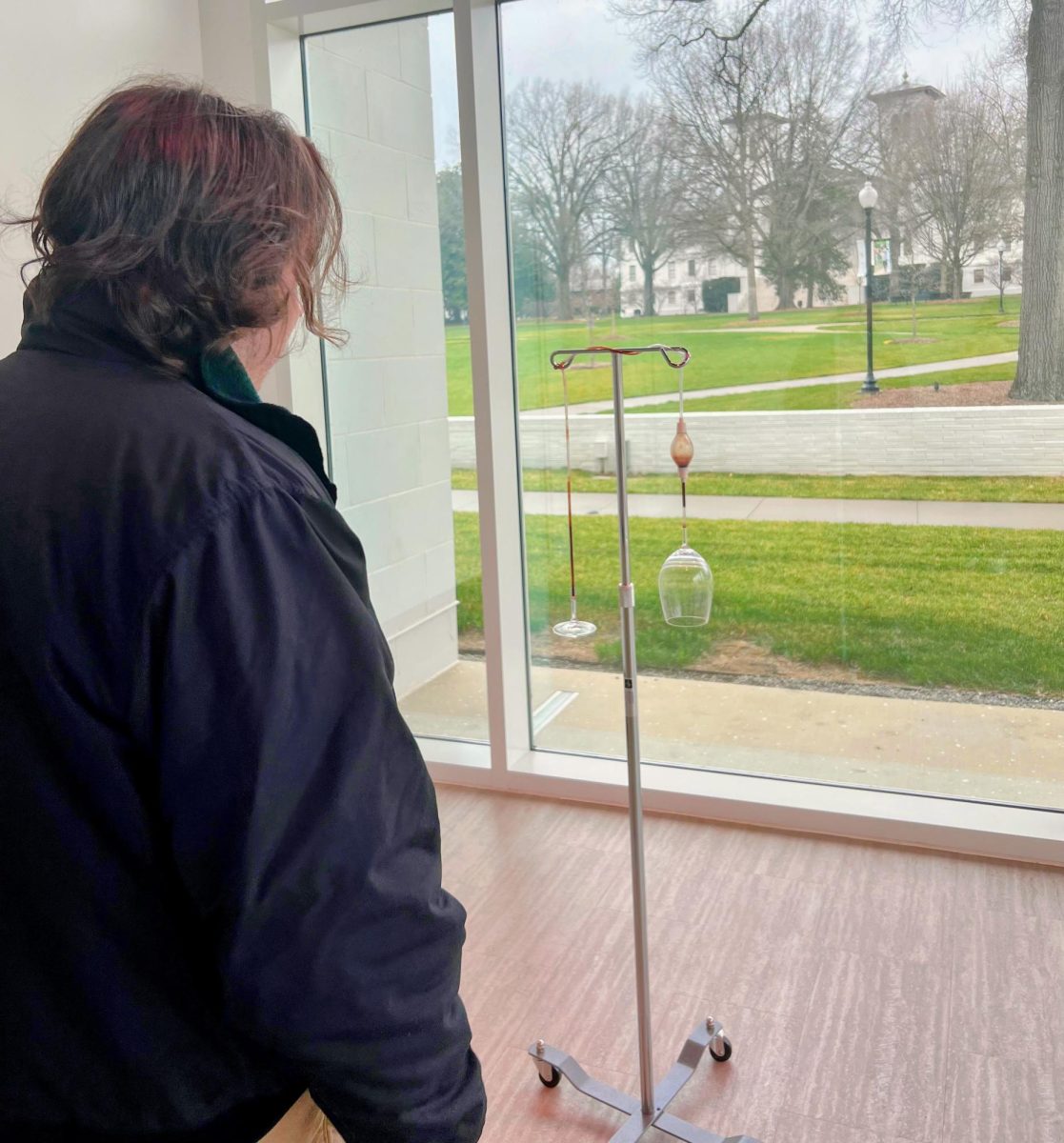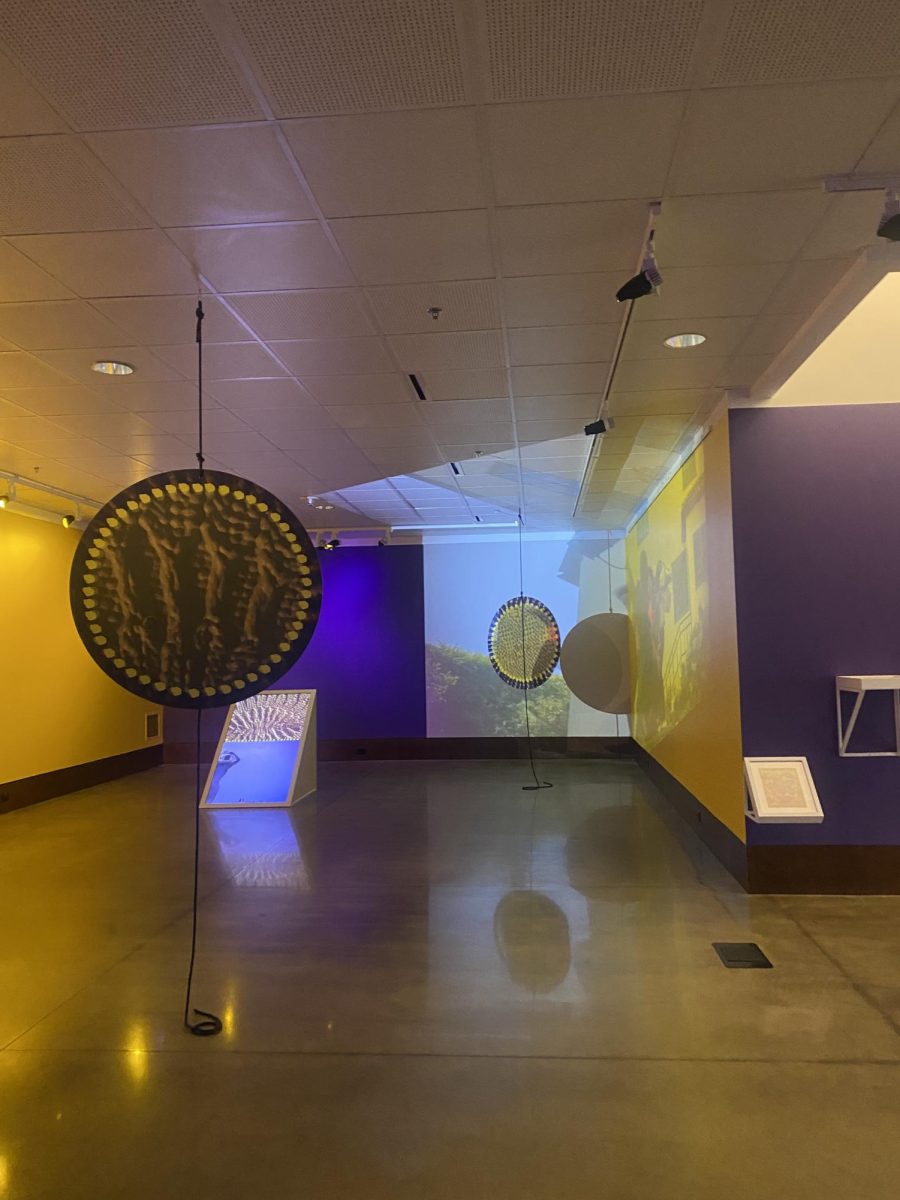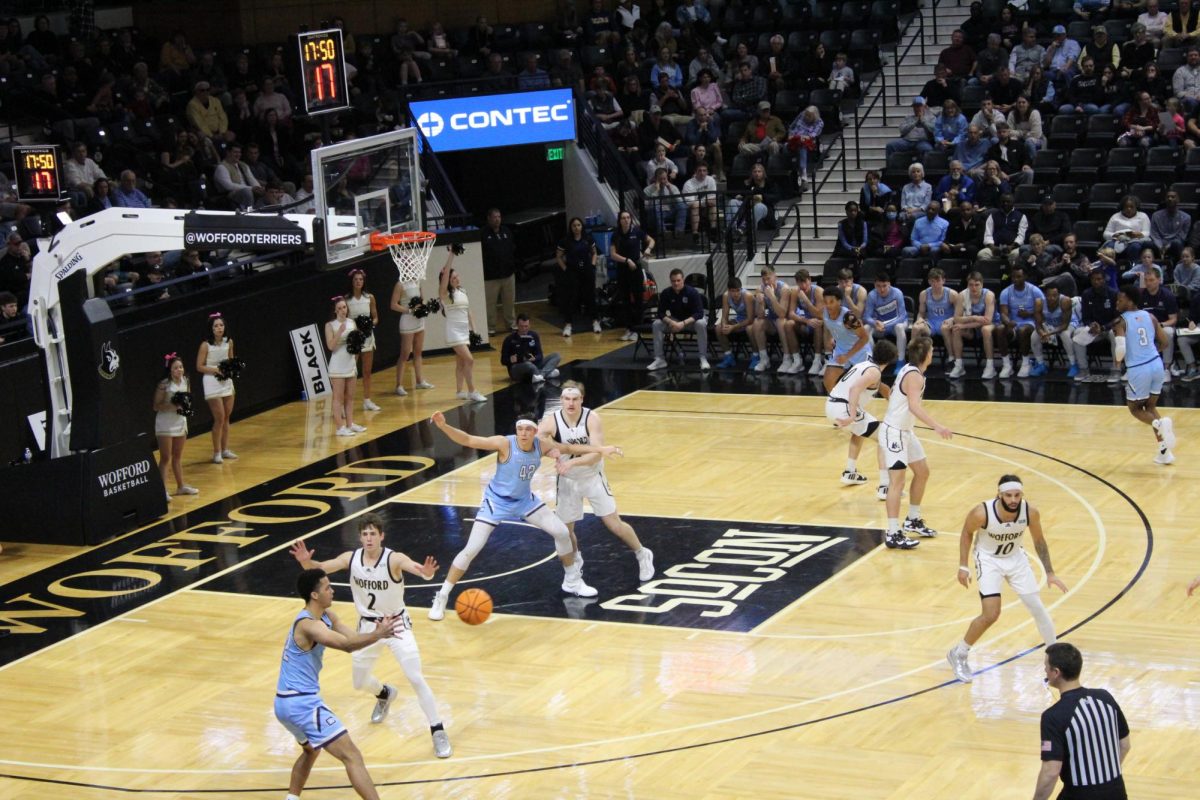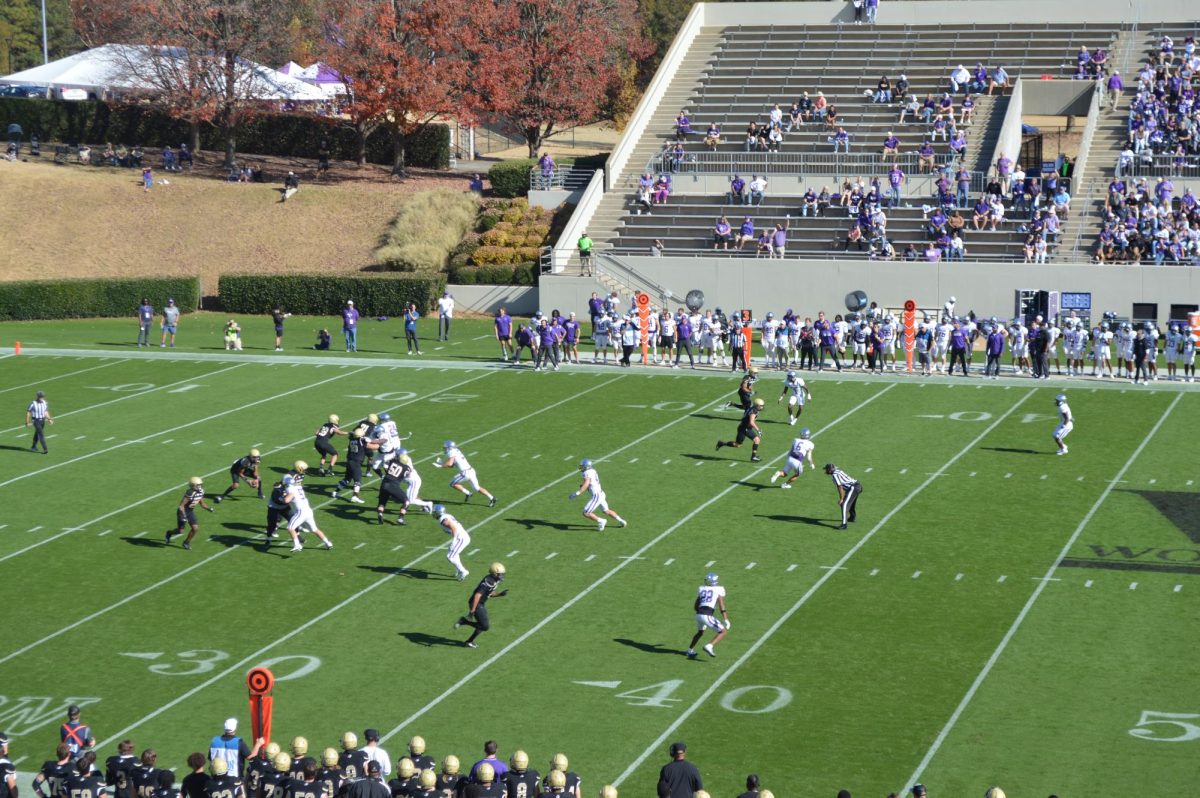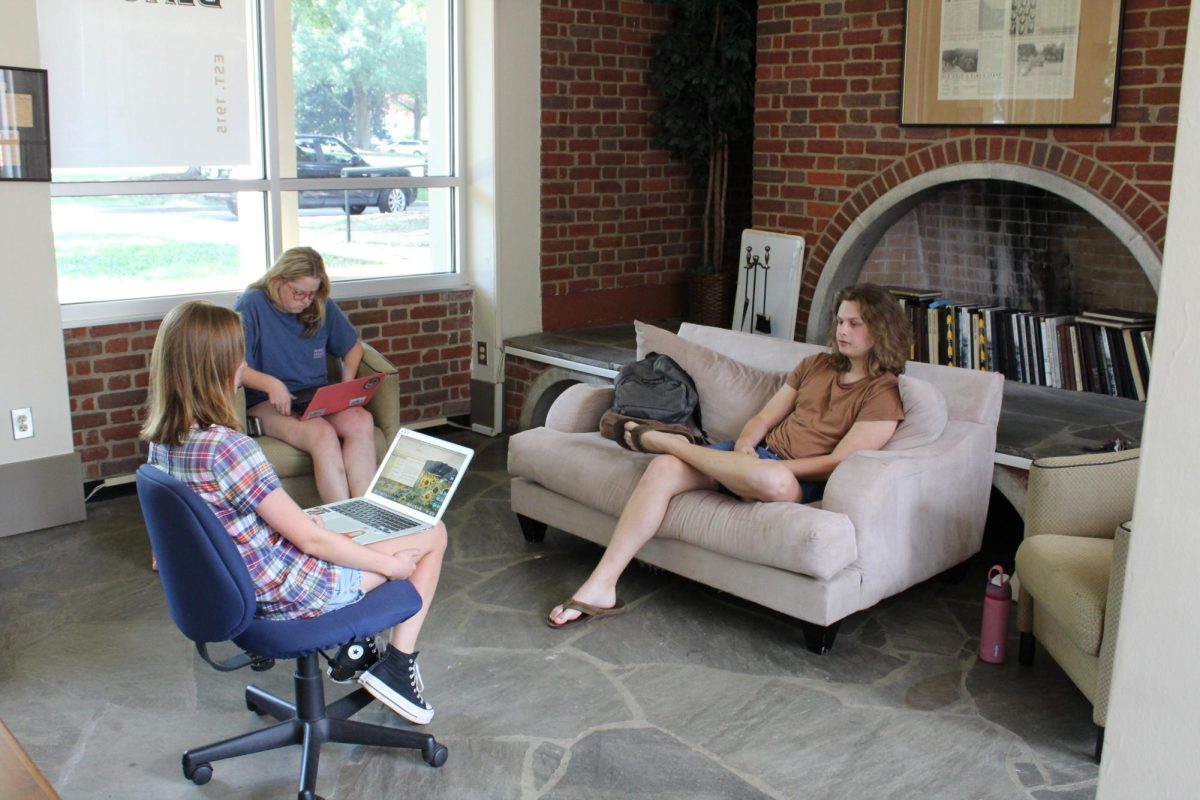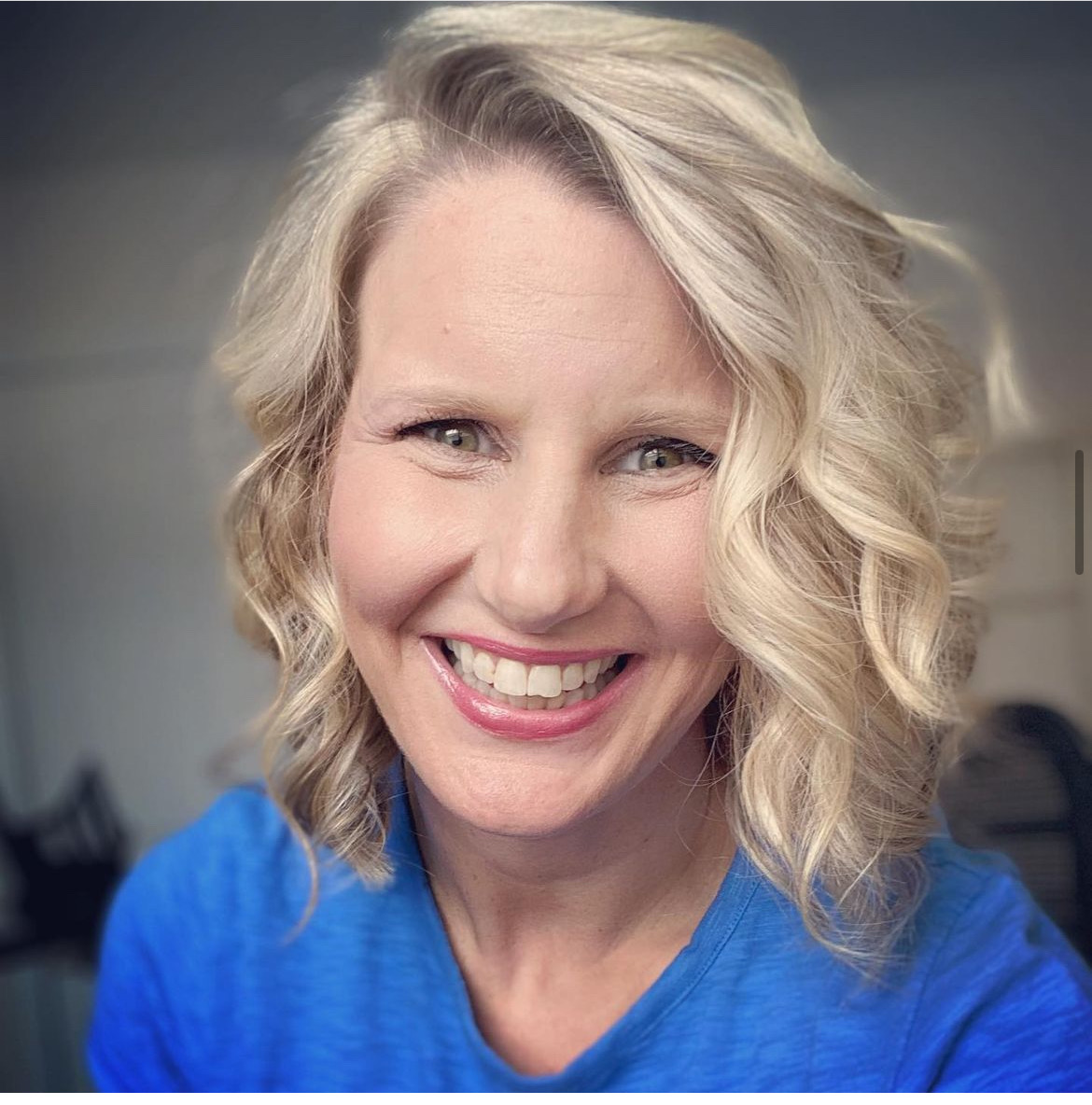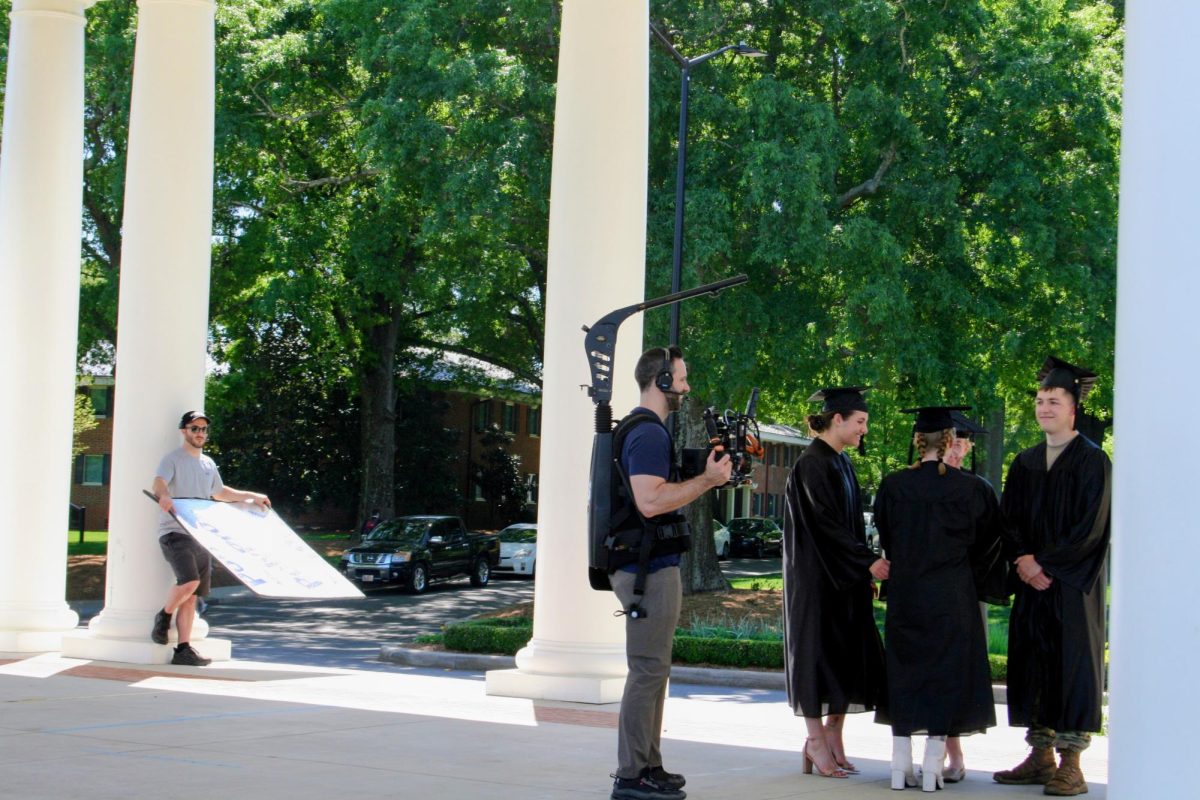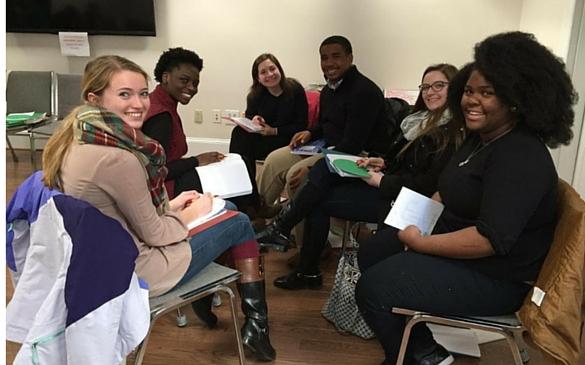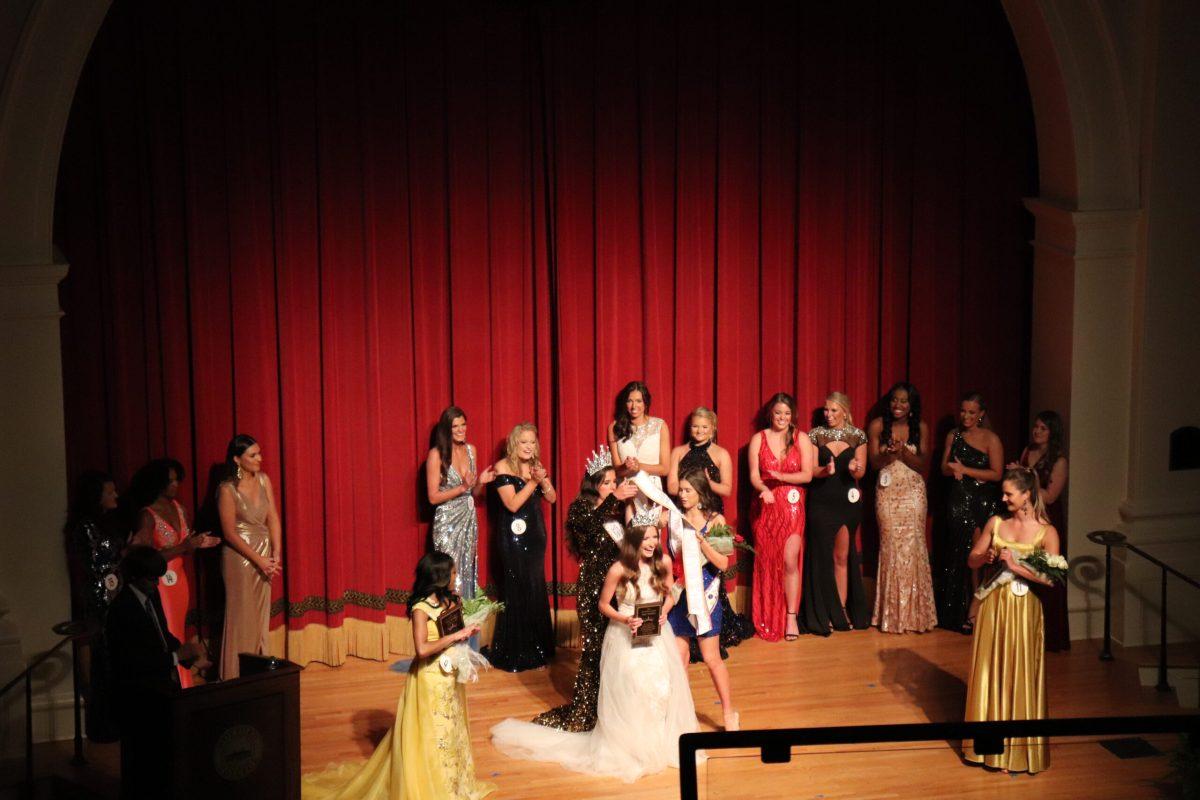By: Katie Sanders, Staff Writer
Bonner Scholars are working with a Volunteer Income Tax Assistance site in Spartanburg during tax season to keep low-income households in the county from using predatory tax agencies that take large parts of their tax returns in fees. By doing this, they will be helping to give back a large amount of money to families in Spartanburg County who qualify for the federal Earned Income Tax Credit. This tax credit annually raises 10 million families in the U.S. from below to above the poverty line.
The Bonners took a 10-hour training course and sat for the IRS test to become registered tax return preparers. Senior accounting majors double-check the returns. Every year, the Bonners work collectively on a community-engaging project, but this is the first year they have worked with the VITA program.
“In terms of the impact on the community, this is way bigger than anything we’ve been able to accomplish before. The impact of this on the community will be about $500,000, maybe more, coming back into the Spartanburg community,” says Jessalyn Story, director of the Bonner Scholars program.
There are VITA sites all over the U.S., usually partnered with United Way. Jenny Johnson, professor of accounting, helped start Wofford’s involvement with the program.
“Jenny will have people come in who have gone to M & M Tax Service, or something like it. If they have their return, she is able to show them how much money they actually paid the agency. They will start to cry, and of course you can understand why they would,” explains Story.
Although the Bonners are the students who primarily work at the VITA site, Story says the opportunity is open to any interested Wofford student who is willing to do the training and pass the RTRP test.
Working with the VITA program is an example of the kind of service the Bonner program encourages its participants to engage in.
“We emphasize an asset-based approach to community service. We encourage students to see a neighborhood or area as more than poor, but to capitalize on what it has to offer,” says Dr. Ramon Galinanes, Bonner Scholar program coordinator.
During interim, the Bonners travelled to Washington D.C. for a seminar on community development, created uniquely for them by the Global Board of Church & Society of the United Methodist Church. The seminar provided the students a framework and clearer understanding of what successful community development can look like.
“I want them to have a more nuanced understanding of poverty and struggling families, and to learn how to advocate. For the students, the seminar is also a time to learn about themselves.”
Andrew Copeland is a freshman Bonner with a passion for education as a means to fight poverty. He says he was convinced of his civic duty while in D.C.
“I realized how easy it is to adopt the attitude ‘someone else will do it.’ I need to pay attention and be more aware of what I can do. It’s my civic duty, as a citizen of this country and of the human race, to help those who are less fortunate. God has blessed me with more than I can ask for, so why not help others?”
Alexis Eaton, also a freshman Bonner, is passionate about helping people become emotionally, spiritually and financially self-sufficient. She was struck by the socioeconomic dichotomy in D.C.
“Every car in the metro area is a Lexus or a Mercedes, but then you see people sleeping on the ground outside of buildings. It made me more curious about the situation in Spartanburg that I may be unaware of. There’s more repulsion to poverty than there is sympathy, and it shouldn’t be that way.”
Eduardo Castillo is another freshman Bonner and is passionate about education, specifically encouraging high school students who may not be getting the encouragement from home to pursue a college education. He also noticed the contrasting financial situations present in the D.C. area.
“D.C. is seen as a wealthy city, but outside of a Louis Vuitton store there will be five or six people sleeping on the ground.”
Castillo also reflects on what he learned from the seminar about doing service that helps instead of hurts.
“What’s good about helping people with their taxes is that we are giving them something that is actually theirs. We’re not just giving them fish, we’re teaching them how to fish.”
Faith Lifer is a junior who went on the trip because of her aversion to the pervasiveness of poverty, even though she is not a Bonner Scholar. She finds the statistics revolving around poverty in the U.S. to be particularly troubling.
She shares, “As of 2012, the top 1 percent of Americans had 40 percent of the country’s wealth distribution, while the bottom 80 percent of Americans shared only 7 percent of America’s wealth. Yet still, the bottom 20 percent donated a larger portion of their income to charity than the top 20 percent. The injustice is everywhere, but so many people are either unaware or don’t care.”
Lifer fulfilled Galinanes’s wishes for his students to become advocators by being specifically encouraged to become a voice for issues surrounding poverty.
She says, “The D.C. trip taught me how important it is to find a voice on issues that matter. And once I find my voice, I can use it to not only create awareness, but also to fight for change.”
Poem written in D.C. by freshman Leah Craft
“Invisible Woman”
I don’t know what to say,
I never know what to say.
You told me to use my voice, but …
I’m still in the process of searching for it,
Understanding what it means.
I was given my lenses upon my entry into this world,
Pink and black.
In the constant fight for human progression,
A walking contradiction, I assume the position.
I assume the position of being black because
My parents told me so.
African American strife is my divine purpose.
I assume the position of being black but, not “too” black,
Just enough to be cultured, yet socially acceptable.
I am one of the good ones.
But to me I’m just ME.
My God painted me this color because he believed
I could bear the responsibility of using it to help my brother,
Not tear him down because I am above or below him.
I sometimes wonder what people see when they see me,
Am I me, or am I a representation my group which inevitably makes
Me an invisible woman, a ghost to the masses.
I am a woman, I am black, I am inferior,
Why not just Leah?
Human dignity is understanding life through the lenses given to you.
Your privileges or shortcomings and taking a step down
Or moving up to meet your brother in the middle.
From my lenses I see life as a constant chase for meaning, understanding.
But feel as if somewhere along the way we have robbed each other of the journey,
Became stumbling blocks to our brother.
Until we choose to dignify ourselves by understanding
Each other, WE will forever be
Invisible People.

